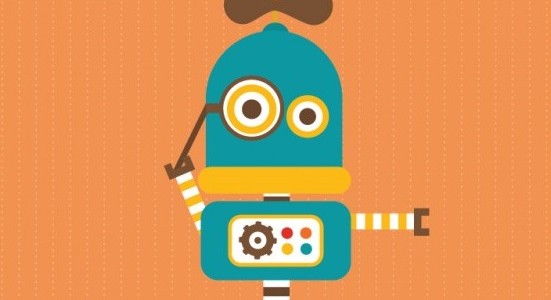Plenty of people fear robots, automation, and artificial intelligence. Some people are concerned that automation will eliminate jobs, forcing mass unemployment for low-skill laborers. Others worry about compromised privacy and security. Then there are those who stay up at night dreading actual enslavement by evil robot overlords. Some of these fears are more valid than others, but you shouldn’t be afraid of automation.
Automation is our friend
Automation makes our lives easier. This is certainly true in manufacturing. Instead of relying solely on workers to do back-breaking work and repetitive tasks that lead to chronic injuries, we have industrial robots.
Not only does automation do the brunt of the grunt work, it also keeps us safe by removing us from dangerous situations. We can deploy machines to work in extreme temperatures or in environments with unsafe air quality, toxic chemicals, or radiation.
It helps us make better, more informed decisions. Whether you’re looking at last quarter’s trends or exercise stats on your fitness tracker, data collection helps us make choices that lead to more desirable outcomes.
Automation maximizes efficiency. Unlike humans, machines don’t make mistakes, they don’t take breaks, and they can work continuously – and predictably – for days on end.
Industrial robots help manufacturers lower costs, too. Fewer workers means less money spent on wages, and automation helps reduce waste which also cuts costs.
Don’t be afraid of automation – embrace it!
Simply put, without automation we wouldn’t have modern manufacturing. Automation isn’t some strange, new thing, and neither is the fear of automation. We’ve been enjoying the benefits of automation for a couple of centuries, and everyone is still doing just fine.
You don’t need to be convinced of the benefits of automation if you own factory machines. You do, however, need to make sure that your machines are working properly if you want to continue receiving those benefits. Call 479-422-0390 for evaluation or maintenance for Indramat systems.
